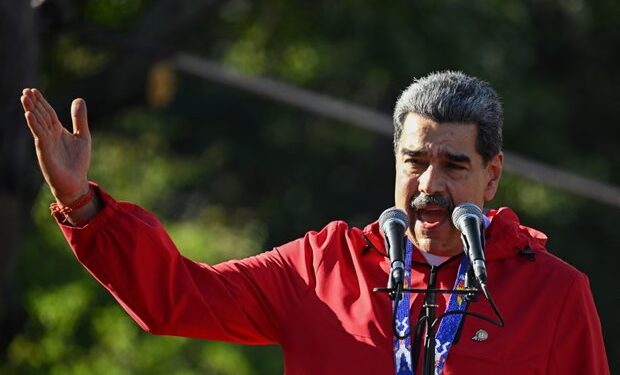Former US president Donald Trump has publicly confirmed that he authorised covert Central Intelligence Agency operations in Venezuela during his administration, reigniting diplomatic tensions with Caracas. Venezuelan President Nicolás Maduro condemned the admission as proof of “a long-planned coup d’état” against his government.
Trump’s revelation during the interview
Speaking in a televised interview on Wednesday, Trump stated that his administration had “taken decisive steps” to weaken Maduro’s regime, describing it as “a criminal dictatorship destroying a once-great nation.” He added that “the CIA did what it had to do” to support “democracy and freedom” in Venezuela, without elaborating on operational details.
Although Washington’s covert activities in the country have long been suspected, this is the first time a former US president has openly acknowledged them. Trump said the operations were “successful in exposing corruption”, but declined to comment on whether they involved direct attempts to unseat Maduro.
Maduro condemns remarks as interference
Within hours of the broadcast, President Maduro accused the United States of “admitting to state terrorism.” In a nationally televised address, he said the statement confirmed what Venezuela had “always denounced—an imperialist conspiracy aimed at destabilising the Bolivarian Republic.” He vowed to raise the matter before the United Nations and called on allied nations to “defend the principles of sovereignty and non-intervention.”
Maduro’s government has long accused the US of supporting opposition figures and financing unrest in Venezuela, particularly during the violent protests that followed the contested 2018 election.
US officials remain silent
The CIA and the US State Department have not commented on Trump’s statements. Analysts note that while former presidents retain limited access to classified information, revealing covert operations—especially those involving foreign governments—remains highly unusual and could have legal or diplomatic repercussions.
Regional and international reactions
Across Latin America, reactions were swift. Governments in Cuba and Nicaragua condemned Trump’s comments as confirmation of “imperialist aggression,” while Brazil and Colombia called for restraint and dialogue. The Organisation of American States has not yet issued an official response, but reiterated its call for democratic reforms in Venezuela.
Observers warn that the revelation could further isolate Washington in the region and complicate ongoing discussions about easing sanctions on Caracas.
Lingering political consequences
Trump’s admission is likely to add a new strain to US-Venezuela relations at a time when the Biden administration is cautiously exploring limited engagement with Maduro’s government to address migration and energy issues. Caracas, however, may use the revelation to bolster its narrative of resistance against external meddling.
Newshub Editorial in Latin America – 16 October 2025




Recent Comments